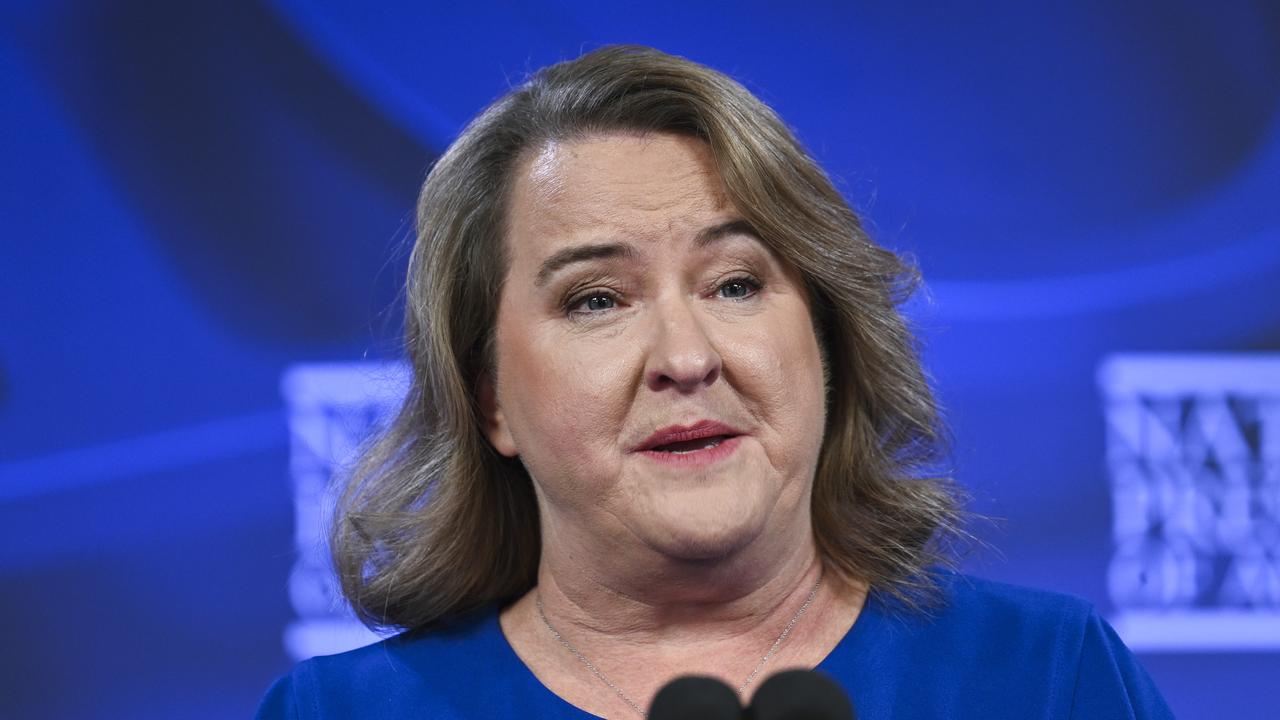Female public servants take home $13k less than male colleagues
New data has revealed the extent of gender pay disparities in the Commonwealth public service.
The median female worker in the Commonwealth public service takes home $13,437 less than their male colleagues every year, fresh pay analysis has revealed.
The data, unveiled in a new scorecard released by Workplace Gender Equality Agency (WGEA) on Thursday, covers 116 public departments, agencies, authorities and government enterprises employing almost 340,000 workers across calendar year 2022.
Among Commonwealth public sector employers, the total remuneration of a median female staff member was $110,485 per year, while male employees on the same measure earned $123,922 – 10.8 per cent more.
The revelations follow tough new rules introduced by the Albanese government last year that require mandatory reporting of company and public service remuneration data.
considers

Just over one third, or 36 per cent, of public sector employers had a median gender pay gap 5 per cent either side of pay parity, a level that WGEA within its “target range”.
A further 59 per cent of employers had median gender pay gaps “in favour of men”, while the remaining 4 per cent are “in favour of women”.
Responding to the report’s findings, WGEA chief executive Mary Wooldridge said while the results were encouraging, there was still further work to be done to reduce gender disparities in pay.
“A key message from this first Commonwealth Public Sector Gender Equality Scorecard, is that good policies alone do not necessarily translate into outcomes,” she said.
“Positive change takes thought and action.”
The figures confirmed the public sector leads private firms in the stakes to reduce pay disparities between male and female staff.
In the private sector, the median Australian female worker is taking home $18,461 less than their male counterpart, separate data released earlier this year showed, an 18.2 per cent difference.
The WGEA analysis also found 48 per cent of all employees had a gender balanced management team – compared to just 27 per cent in the private sector.
Additionally, 21 per cent of public servants had male-dominated management team, while a further 31 per cent had a female-dominated management team, the report showed.
“The Commonwealth public sector can be immensely proud of the fact the sector has gender-balance in every level of management,” Ms Wooldridge added.

“This is partly the result of setting targets and applying sustained focus and effort to achieve them.”
Lagging the private sector, however, was the take-up of paid parental leave by male employees, with just 11 per cent of paid primary carer's parental leave taken by men. In the private sector, that figure was 14 per cent.
Ms Wooldridge said the data showed employers need to challenge gender stereotypes around parental leave.
“We know from the private sector that men’s uptake of parental leave only increases when men are actively encouraged and supported to take the leave they are entitled to,” she said.
“Policies and targets are not enough on their own.”





